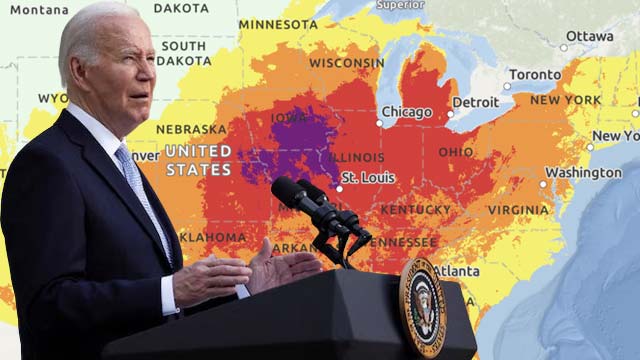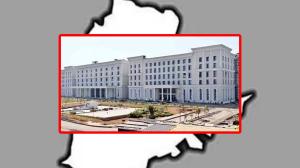
President Joe Biden proposed a new regulation on Tuesday to mitigate the effects of extreme heat in workplaces, emphasising that excessive temperatures are the leading cause of weather-related fatalities in the U.S. The proposed rule aims to protect approximately 36 million workers, including farmworkers, delivery personnel, construction labourers, landscapers, and indoor employees in warehouses, factories, and kitchens, marking the introduction of a major federal safety standard specifically targeting heat exposure.
Biden highlighted the proposed rule as one of five key actions his administration is taking to combat extreme weather. Speaking at the D.C. Emergency Operations Center, he criticised Republican lawmakers who deny climate change and pointed out the human and financial costs associated with it. Last year, weather-related damage cost the U.S. economy $90 billion. The Federal Emergency Management Agency (FEMA) is finalising a rule to consider flooding risks for federal construction projects and announcing $1 billion in grants to help communities manage natural disasters. Additionally, the Environmental Protection Agency (EPA) is releasing a new report on the impacts of climate change, and the White House will host a summit on extreme heat.
The proposed rule would require employers to identify heat hazards, develop emergency response plans for heat illness, and provide training on the symptoms of heat-related illnesses. Employers would also need to establish rest breaks, offer shade and water, and help workers acclimate to high temperatures. Penalties for workplace heat-related violations would increase substantially, similar to penalties for violations of Occupational Safety and Health Administration (OSHA) rules. Heat protection laws in the U.S. have faced industry resistance, but if finalized, Biden's rule would override state standards, requiring states with existing heat procedures to implement measures at least as stringent as the federal rule.











